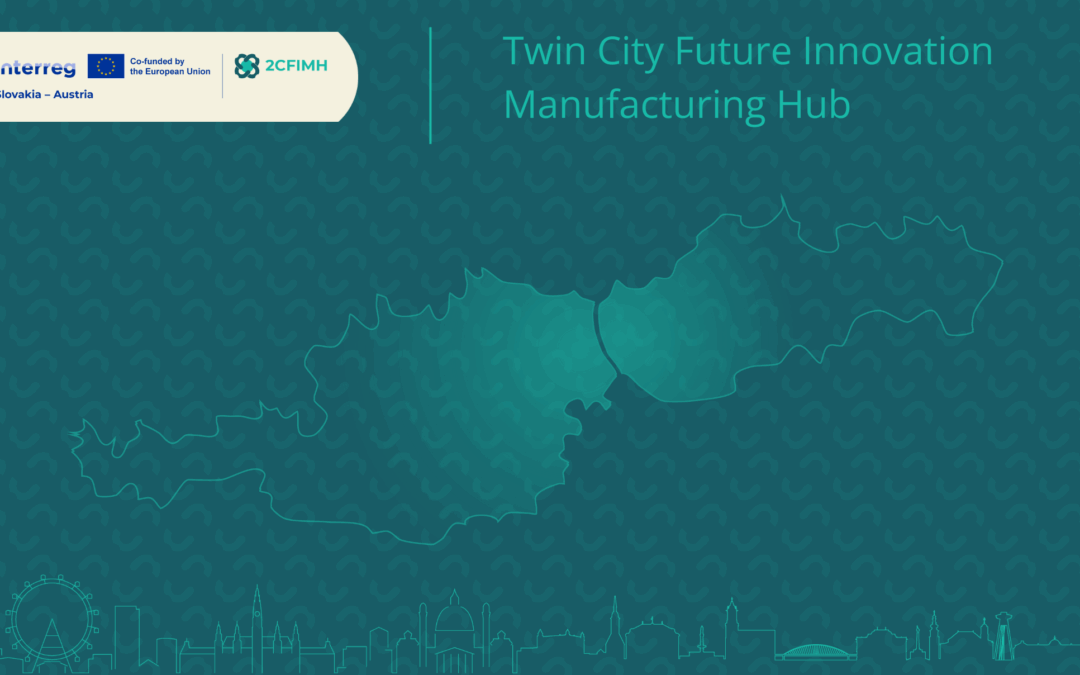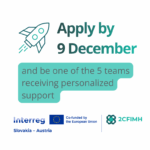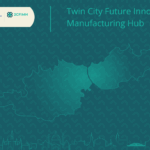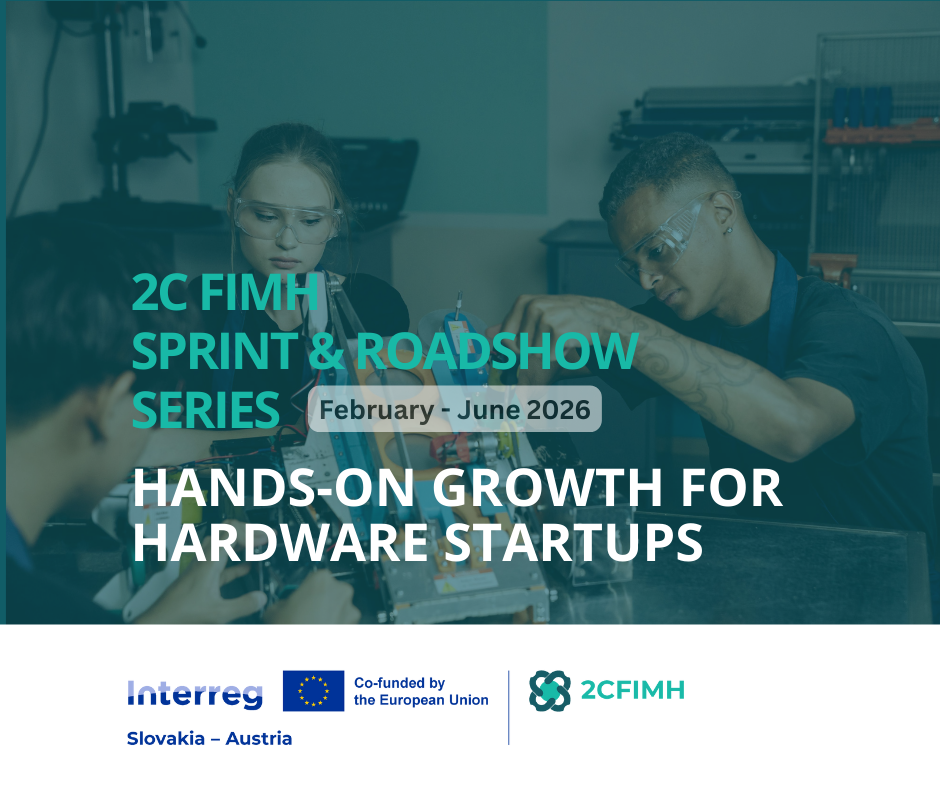Business models, data, and the future of the manufacturing sector
On March 6, 2025, the Industry 4.0 Austria platform held a workshop on the Digital Product Passport (DPP) for manufacturing companies as part of the 2CFIMH project. The focus was on the practical implementation of the DPP – a topic that will become increasingly important in the coming years. Key questions were discussed together with representatives from 15 companies from various sectors: What business models could emerge from the DPP? What roles are required for implementation and what is the current status of data availability in companies? What can a successful DPP look like in your own organization?
Interactive format and practical dialog
The primary aim is to promote the collaborative exchange of experience between the participating companies – whereby the focus is shifted from “What is a digital product passport?” to “How do I implement the digital product passport in practice?”.
Topics covered
- DPP Regulation – Latest updates and developments
- DPP – Opportunity & Driver – From regulation to success model How the DPP can support corporate strategy and vision as a competitive advantage and driver of innovation
- Technical implementation and approach – how to initiate the technical implementation and important considerations for success
- The need for sector-specific support and cross-industry coordination
From uncertainty to preparation
The DPP will have an impact on how companies handle product-related data, compliance and transparency – but many details remain unclear. Questions about scope, timing and data requirements continue to dominate conversations. Rather than waiting for complete clarity, the workshop encouraged companies to proactively prepare by:
- Identification of internal stakeholders and roles that will be affected
- Mapping of existing data and gaps
- Exploring potential use cases for the DPP beyond compliance
Findings & synergies
The dialog made it clear that even limited preparatory work now can bring a significant advantage once the regulations are finalized.
The Ecodesign for Sustainable Products Regulation (ESPR) and the Digital Product Passport (DPP) anchored in this regulation affect a large number of companies in Austria and Slovakia. The need for information is very high and reliable information is difficult to obtain. The check-ins help companies to understand the current status and align their DPP activities accordingly.
What comes next
The atmosphere was characterized by openness and commitment to shaping the DPP journey together. Even if there are still legal uncertainties, the common opinion was clear: companies that wait run the risk of falling behind. The workshop underlined that early action is not only possible, but necessary.
More Information & Updates
- https://plattformindustrie40.at/twin-city-future-innovation-manufacturing-hub/
- Contact: Denise Branz branz@plattformindustrie40.at
- LinkedIn https://plattformindustrie40.at/blog/2025/06/27/digitaler-produktpass-check-in-10/






